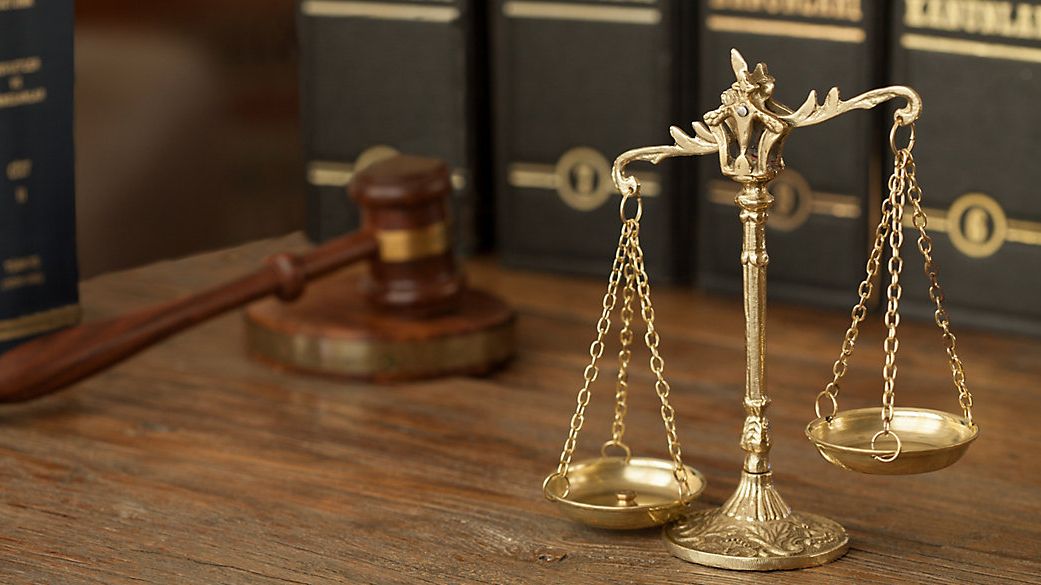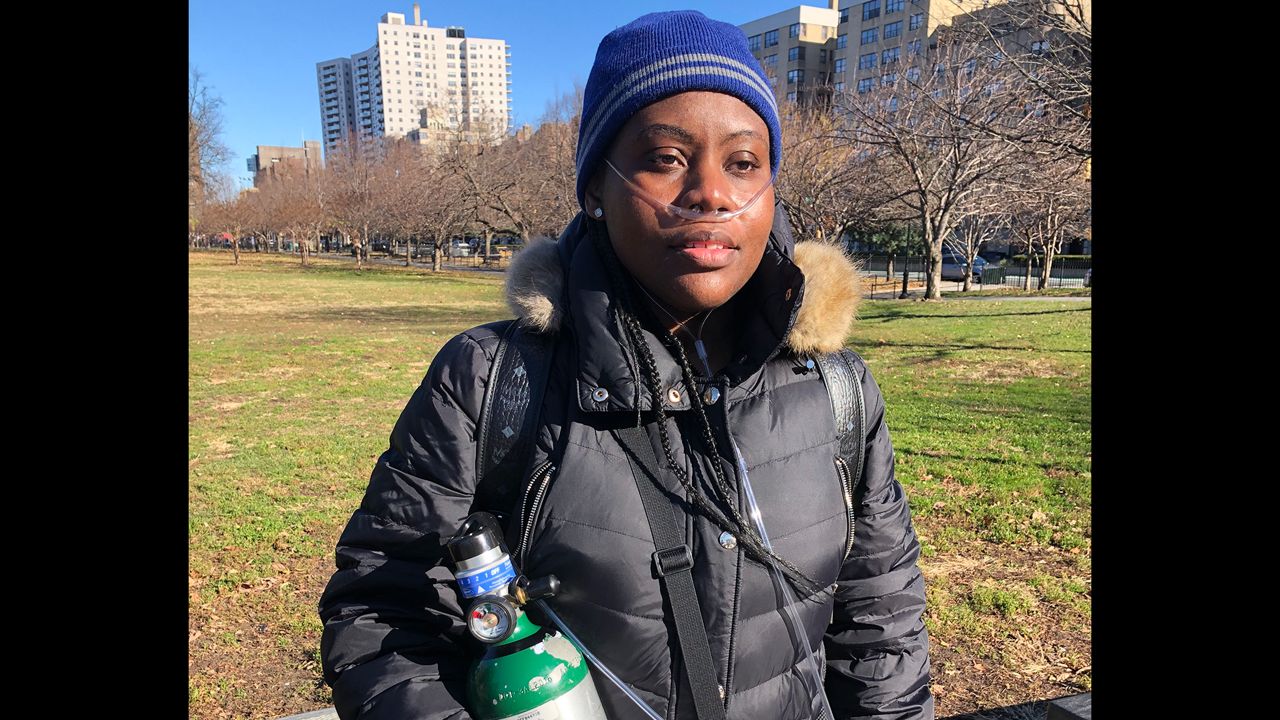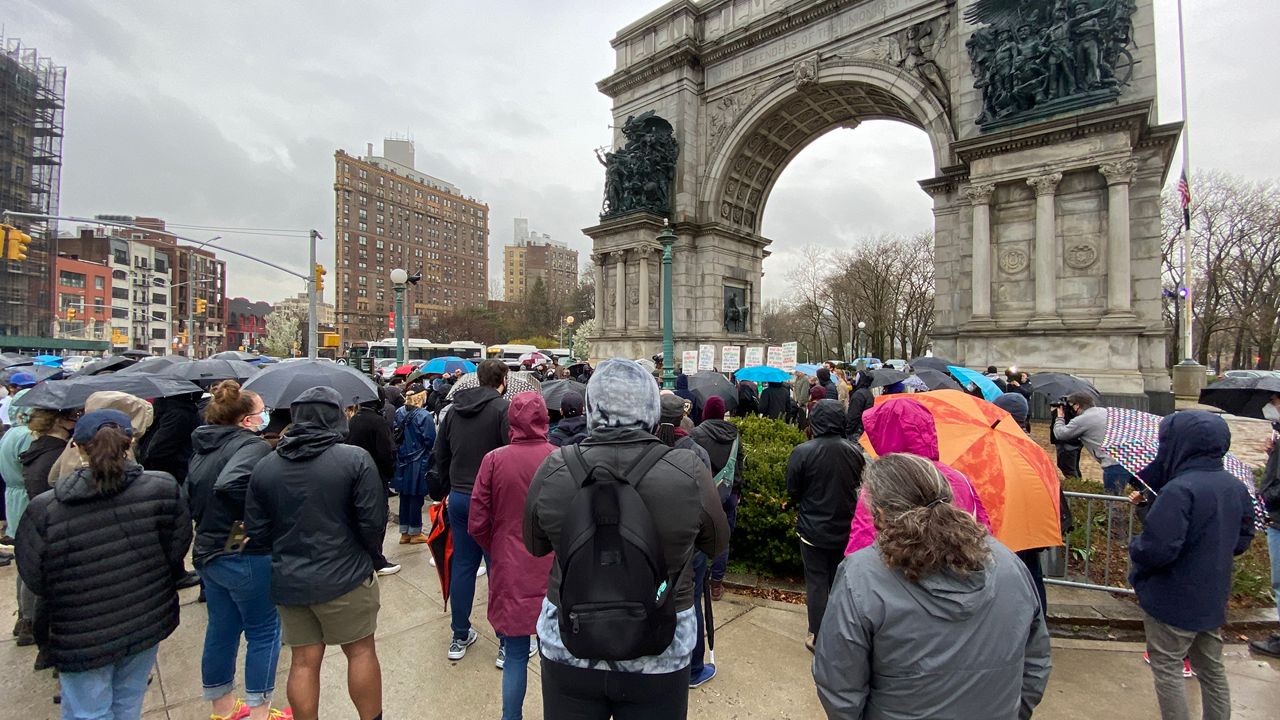It's a big business: stealing clothing, sneakers, batteries, baby products— whatever criminals can swipe from stores.
"A segment of crime that we have seen growing in recent years, is the property crime," newly appointed NYPD Chief of Detectives Dermot Shea said. "And it is now making up about 45 percent of the overall index crime in New York City."
Retail theft is believed to be a $30 billion business nationally.
A gathering of police and retail lost prevention workers on Tuesday discussed ways to stop theft and catch those doing it. The group will soon use an app to quickly identify potential thieves and alert security workers in nearby stories.
"This is going to allow our members on the fly to put in incidents. You see a guy in the mall that is a booster, you take a picture, you post it. 30 seconds — bam!" T.J. Flynn, the president of the Metro Organized Retail Crime Alliance, said at the conference. "This is a huge game-changer for us."
Although retail theft is a growing problem, it follows an old pattern: Thieves stealing from retail clothing chains and supermarkets and then sell the products to smaller stores and bodegas.
It's not always easy to catch and prosecute those doing it.
"They know the laws. They know sometimes the dollar amount that they want to steal," Shea said. "We see instances where [they're] using multiple license plates on cars to get away."
Another big issue right now is people returning stolen merchandise to a store in order to receive gift cards, which merchants will often give in cases where there is no receipt.
To help catch repeat offenders, security experts are being encouraged to form alliances with prison officials, as well as police officers.
"That way when we post these pictures of perpetrators committing these crimes, who best to identify them other than a correction's officer, a probation officer, a parole officer?" NYPD Lt. Tarik Shepard said.
Police and lost prevention agents at the conference Tuesday said the problem is not just about the theft of products — in some cases, it's about public health.
Baby formula and over-the-counter medicines are worth a lot of money, but there's no guarantee they're kept at the right temperatures or untampered when they're stolen before they are sold to someone else.









